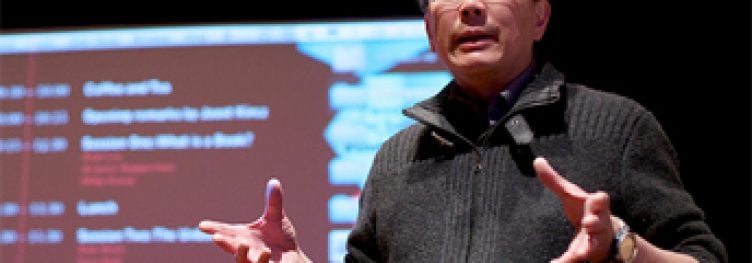Fortnightly CODEC staff meet to discuss a reading selected on rotation. This week was my selection, Alan Liu’s “The Meaning of the Digital Humanities” PMLA 128.2 (2013).
He argues that the problem of meaning in the digital humanities registers a crisis of meaning in the humanities more generally. In his words:
My thesis is that an understanding of the digital humanities can only rise to the level of an explanation if we see that the underlying issue is the disciplinary identity not of the digital humanities but of the humanities themselves. For the humanities, the digital humanities exceed (though they include) the functional role of instrument or service, the pioneer role of innovator, the ensemble role of an ‘additional field’, and even such faux-political roles assigned to new fields as challenger, reformer, and (less positively) fifth column. This is because the digital humanities also have a symbolic role. In both their promise and their threat, the digital humanities serve as a shadow play for a future form of the humanities that wishes to include what contemporary society values about the digital without losing its soul to other domains of knowledge work that have gone digital to stake their claim to that society. (410)“The general crisis is that humanistic meaning, with its residual yearnings for spirit, humanity, and self—or, as we now say, identity and subjectivity—must compete in the world system with social, economic, science-engineering, work-place, and popular-culture knowledges that do not necessarily value meaning or, even more threatening, value meaning but frame it systemically in ways that alienate or co-opt humanistic meaning. (419)
For a few more excerpts, visit the CODEC blog.

[…] La Historia del Arte Digital, entendida como disciplina que aprovecha cualquier herramienta que pueda darle más información para resolver las dudas tradicionales y las que se planteen, tiene un largo y esperanzador futuro. A pesar de esto, las discusiones teóricas sobre su viabilidad cuando apenas tenemos experiencia en … […]